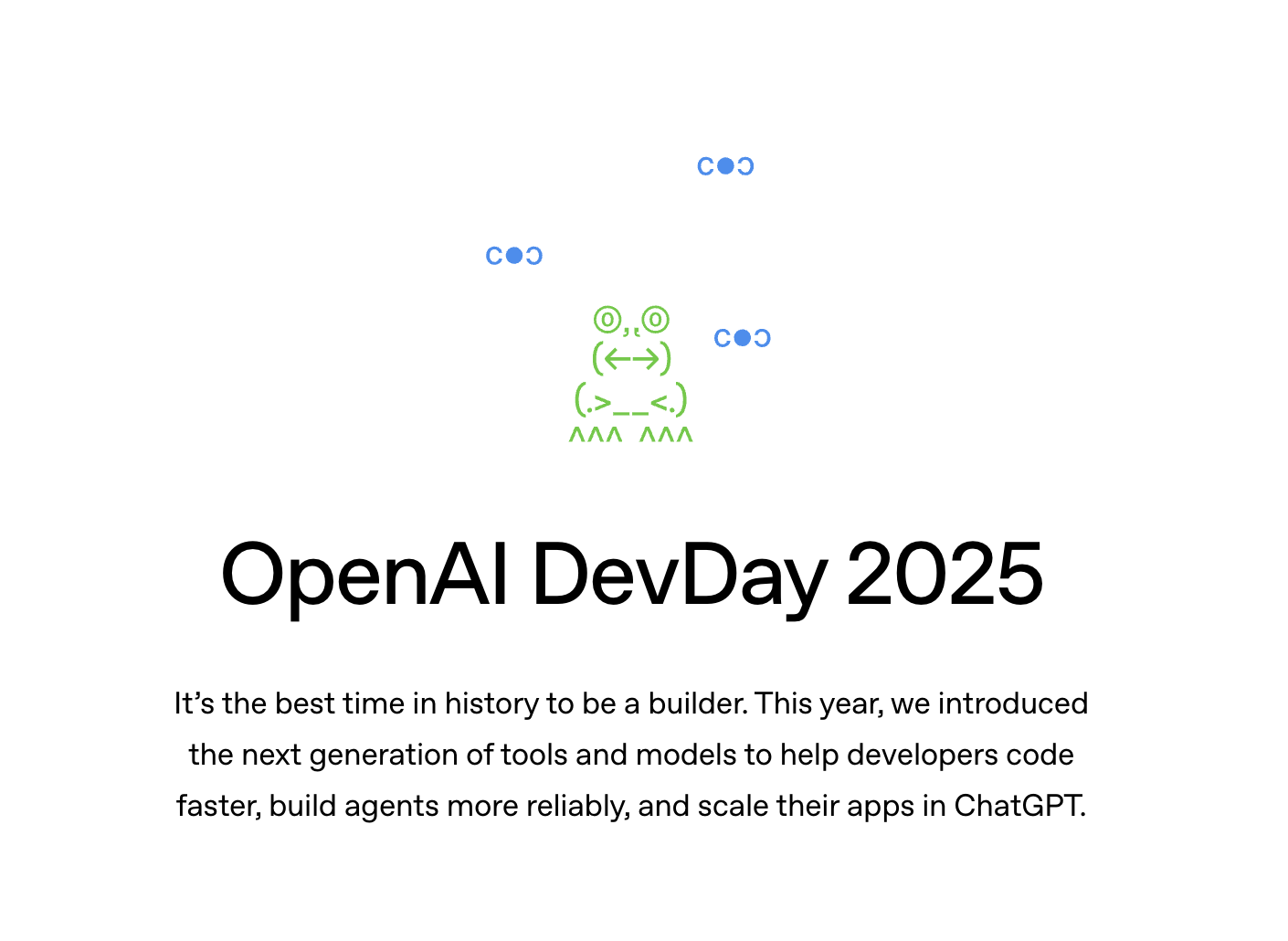When OpenAI hosted DevDay 2025, it wasn’t just a showcase of new models and features — it marked a turning point in how enterprises must think about building, deploying, and governing AI. For DXTech and organizations around the world, the real question is: how do we transform those announcements into enterprise-grade strategy?
In this post, we analyze the strategic implications of DevDay 2025 for businesses, explore challenges and opportunities, and show how DXTech helps organizations convert AI visions into real systems — not experiments.
Key Announcements That Shift the Game
Before diving into strategy, here’s a quick recap of some of the headline announcements:
- Apps in ChatGPT / Apps SDK: Developers can build apps that run inside ChatGPT, integrating third-party services like Spotify, Zillow, Canva directly into the conversational interface.
- AgentKit: A suite for building autonomous agents — AI systems that can perform tasks beyond just responding to prompts, coordinating sub-agents and workflows.
- GPT-5 Pro: A more powerful, higher reasoning model now exposed via API, targeting complex domains like finance, legal, healthcare.
- Governance / Platform Tools: Improved SDKs, monitoring, control features, logging, and mechanisms for integrating apps while maintaining oversight.
Together, these shifts signal that AI is moving from toolsets to platforms — enterprises must evolve from using standalone AI modules to building integrated, governed systems.
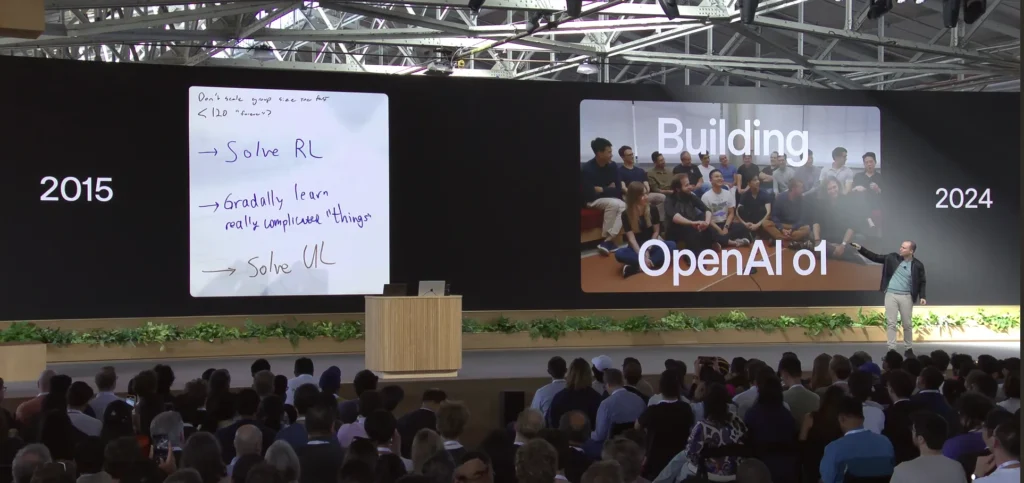
Strategic Implications for Enterprise AI
Here are several high-level implications that organizations need to internalize to stay competitive:
1. Integration over Isolation
With apps and agents now embedded in ChatGPT, isolated AI point solutions will struggle. Enterprises should design AI ecosystems that connect systems, data, and workflows rather than remaining siloed.
2. Velocity with Trust
Faster development enabled by SDKs and agent tools must be coupled with robust governance, monitoring, and risk control to avoid unintended outcomes or compliance failures.
3. Domain Intelligence Matters
Foundational models are powerful, but sectors like finance, healthcare, logistics demand domain-aware customization. GPT-5 Pro gives better general intelligence, but real impact comes when you tailor it with domain data, business logic, and policy constraints.
4. New Client Expectations
Users are becoming accustomed to “everything inside one chat window.” Enterprises must meet expectations for seamless, conversational experiences backed by real business logic — not fragmented dashboards.
5. Platform vs Product Mindset
Enterprises must shift from viewing AI as a “project” to treating it like infrastructure: continuously maintained, versioned, watched, and improved.
How DXTech Helps Turn Strategy Into Systems
DXTech’s approach is built precisely to bridge the gap between ambitious AI visions and enterprise reality. Here’s how:
Modular AI Architecture
We design AI systems as modular layers — data ingestion, model orchestration, agent logic, integration, governance — so new capabilities (like ChatGPT apps) can be added without breaking the whole system.
Governance & Monitoring by Design
We bake control, logging, auditability, drift detection, and intervention mechanisms into every deployment. When enterprises adopt new components like agents or apps, the governance infrastructure scales with them.
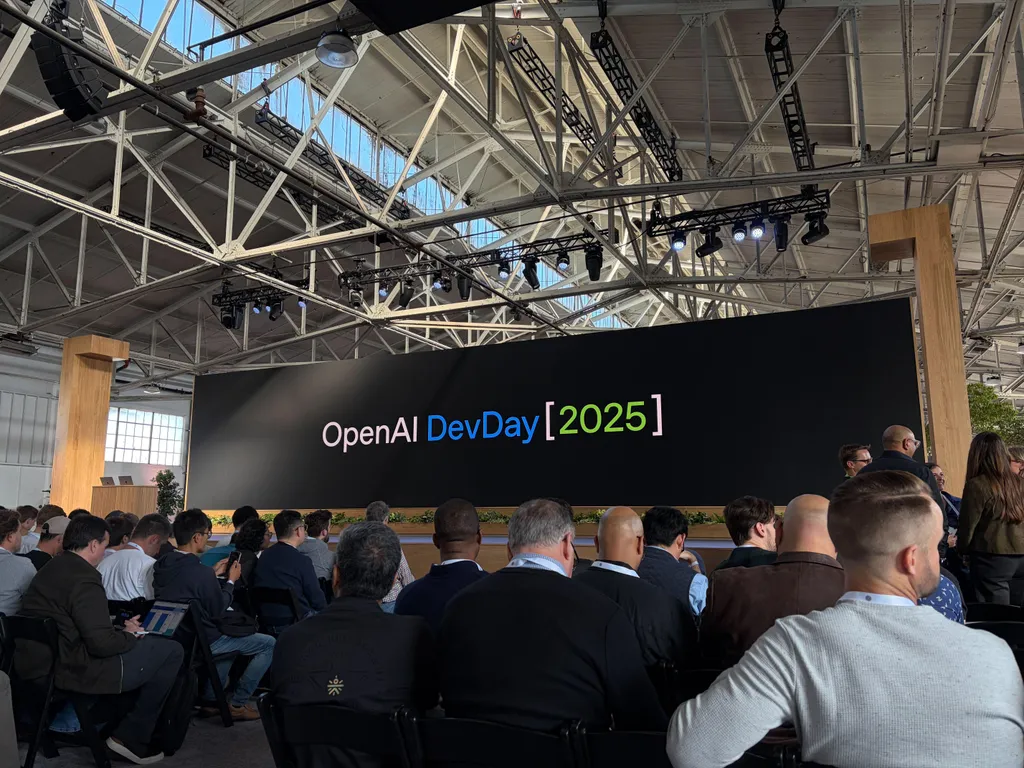
Domain-Centric Customization
DXTech combines general model capabilities (e.g. GPT-5 Pro) with domain-specific logic (finance rules, regulatory constraints, operations workflows). This ensures that outputs aren’t just intelligent—they’re safe, relevant, and compliant.
Operational Deployment Framework
We help enterprises move from pilot to production via phased rollout, canary deployments, rollback logic, fallback agents, and continuous evaluation. The “launch and forget” approach is no longer viable.
Ecosystem Readiness
Because OpenAI is pushing apps & SDKs, enterprises that adopt those tools early position themselves as first adopters. DXTech helps integrate those into enterprise systems, pairing agility with stability.
The Road Ahead & Recommendations
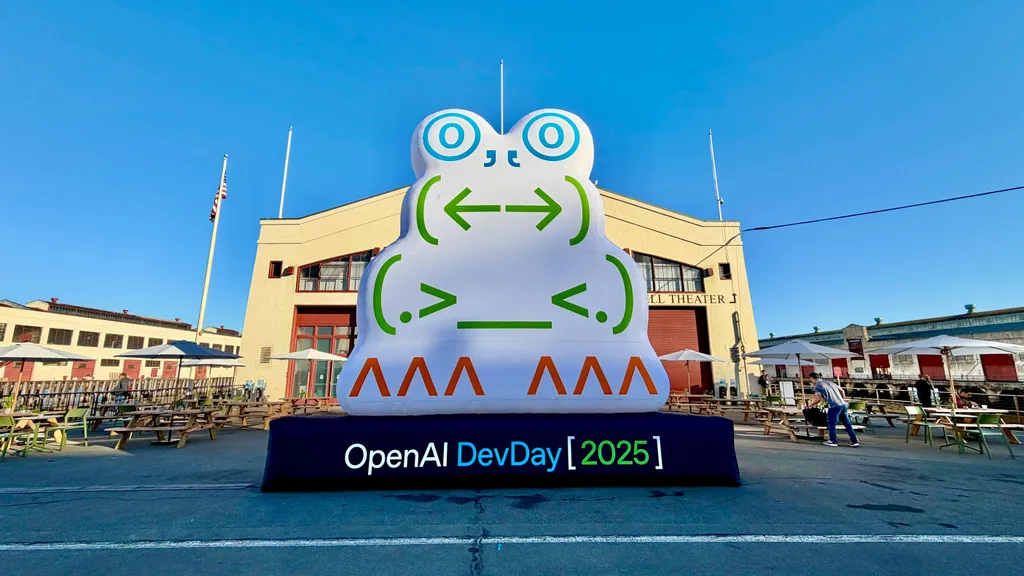
- Start small, scale smartly: Launch pilot agents or apps in low-risk domains (customer service, internal ops) before expanding to mission-critical areas.
- Invest heavily in governance: If DevDay taught us anything, it’s that speed without control is risky.
- Design for change: Because platforms like ChatGPT evolve, architecture must allow component upgrades without full rewrites.
- Measure what matters: Track not just usage, but business metrics (cost savings, error reduction, compliance alignment).
- Lead culture change: AI platforms redefine roles; staff must become partners with agents, not passive endpoints.
Conclusion
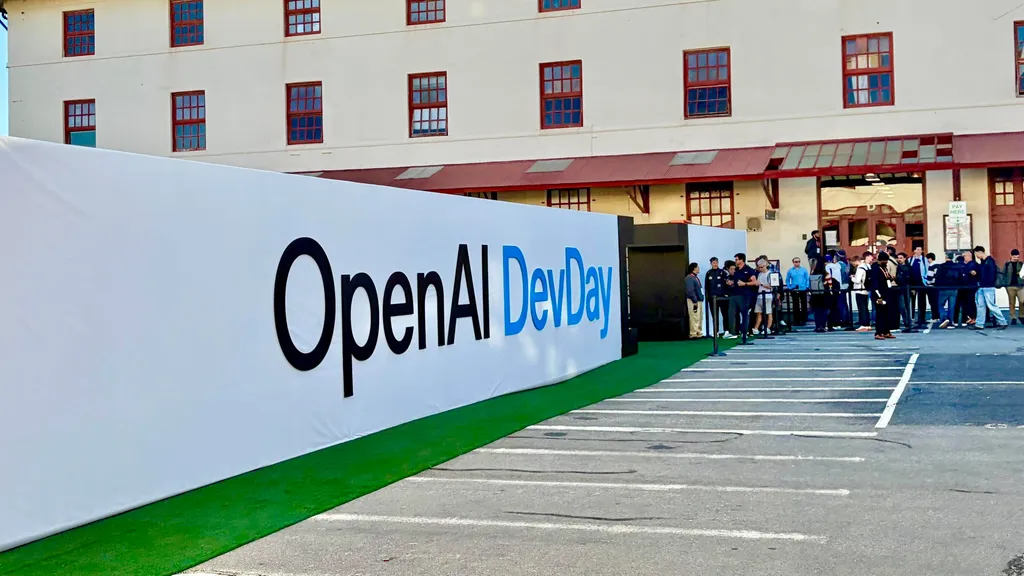
OpenAI DevDay 2025 is more than product updates — it’s a call to rethink enterprise AI strategy. The shift from models to agentic platforms, embedded apps, and governance tools means that true AI advantage will come to those who build systems, not singular tools.
For organizations ready to transform, DXTech is here to translate vision into operational reality — designing architectures that adapt, govern, and scale with you.
